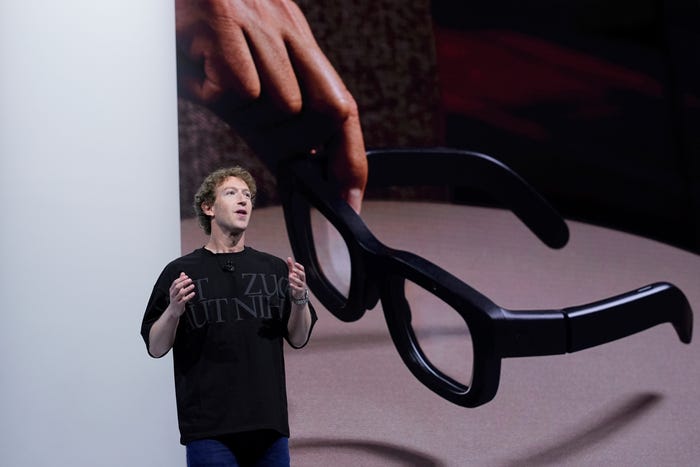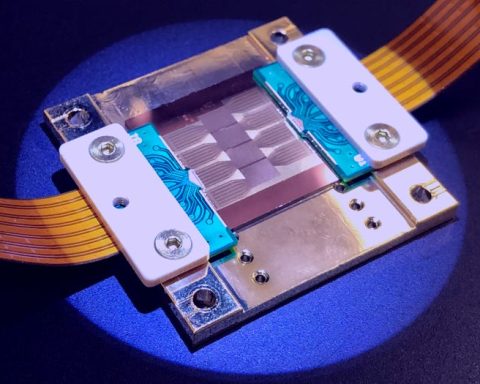Mark Zuckerberg discusses the Orion AR glasses
Big Tech firms have long anticipated consumer acceptance of face computers, but analysts at IDC caution that this year may not be the breakthrough year. They forecast a decline in shipments for such devices.
Despite the drop, both IDC and Meta maintain an optimistic outlook for the upcoming launch of Meta’s Ray-Ban glasses.
It’s interesting to note that despite numerous releases of face computers by major tech companies, consumer interest has not escalated. Recent analyst reports indicate a downturn in the market for augmented reality and virtual reality headsets. IDC predicts a 12% decline in shipments, dropping from 7.5 million units in 2024 to 6.6 million units this year.
This is a significant reduction, especially considering that IDC and others have historically been overly positive about the sales potential for these devices. Nevertheless, IDC remains optimistic, projecting a resurgence in 2026 with an 87% increase, leading to over 11.2 million units shipped.
If you’re skeptical about the future of wearable face electronics, consider that IDC’s projections do not encompass Meta’s Ray-Ban glasses, which have exceeded sales expectations. IDC is primarily counting devices with displays, as noted by researcher Jitesh Ubrani. A Meta representative chose not to comment on this matter.
Importantly, the upcoming Ray-Bans—expected to feature displays and priced between $1,000 and $1,400—will be included in IDC’s forecasts. However, Ubrani remains unconvinced about the high-end models due to their price point. He is, however, positive about “standard” internet glasses, like the Meta Ray-Bans, anticipating growth from 2.7 million in 2024 to 5.5 million in 2025.
Mark Zuckerberg also sees potential for the Ray-Bans this year. Meta has highlighted them more frequently in their earnings calls, with Zuckerberg mentioning that 2025 could be a “defining year” for this technology—though he acknowledged that significant breakthroughs might not happen imminently.
What does this all signify? I’ll opt for a shrug emoji here.
Having tested various current devices, such as Apple’s Vision Pro, and experienced a demo of Meta’s Orion, I’ve been generally impressed. However, I still await advancements that would make these devices lightweight and affordable enough to be a worthwhile investment and comfortable for prolonged use. Additionally, I remain uncertain how to seamlessly integrate them into everyday life, once the initial excitement fades. I suspect I’m not alone in this hesitation.









